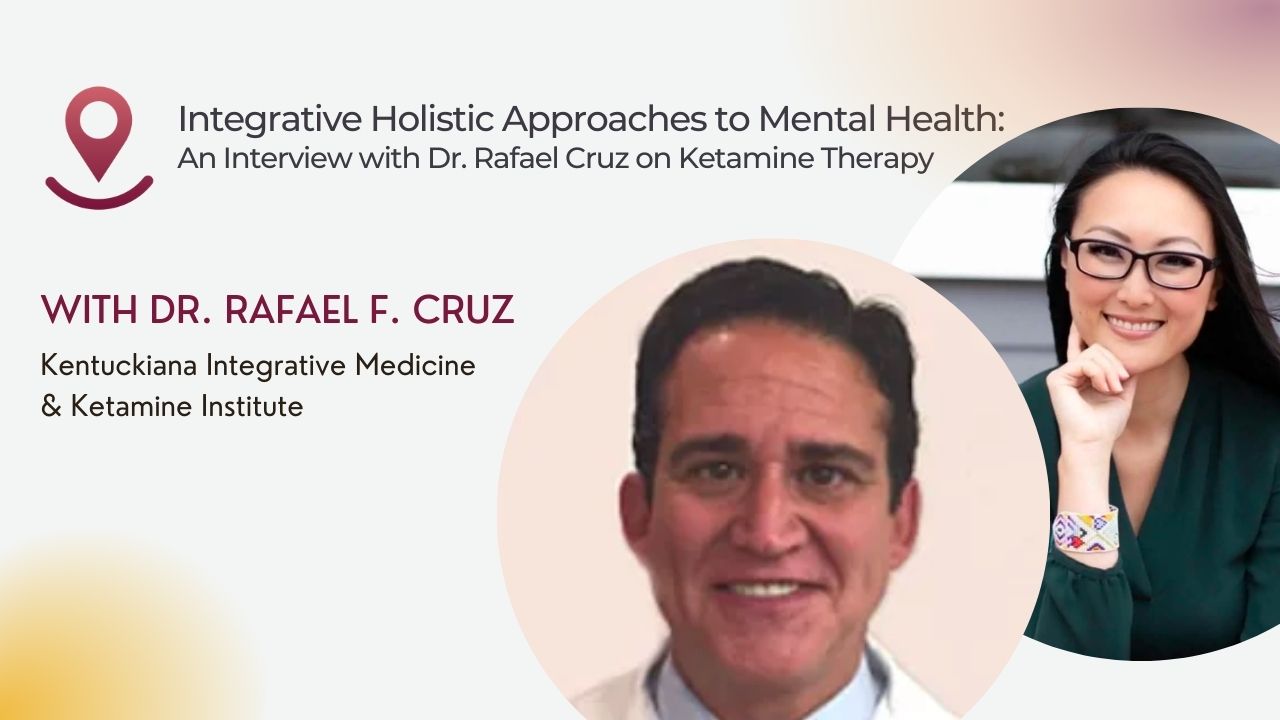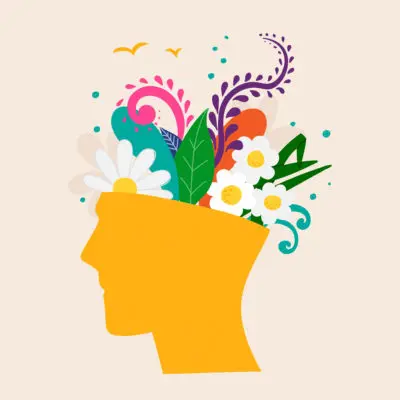Psychable: Please share a little about your background, your upbringing, and the path that led you to working with psychedelics, specifically ketamine.
After creating a protocol and personally experiencing the benefits of ketamine, I started offering it in my practice. Over the past eight years, we have seen remarkable improvements in patients, with only a small percentage not responding to ketamine. It has been a rewarding journey to witness the positive impact this therapy can have.
Could you explain what ketamine is, how to take ketamine, and how you would describe the ketamine experience?
The ketamine experience itself varies from person to person, but it generally involves a two-hour session in a therapeutic setting. During the session, patients may feel a sense of dissociation from their thoughts and emotions, allowing them to gain a different perspective on their challenges. Many patients report a lifting of the “veil of depression” and a renewed sense of hope and well-being.
Who would you consider to be a good candidate for ketamine therapy, and how do you work with patients who are currently on antidepressants?
Regarding patients on antidepressants, we generally recommend that they continue taking their prescribed medications. Some patients may choose to taper off their antidepressants under the guidance of their psychiatrist if they desire to solely rely on ketamine therapy. However, it’s important to work collaboratively with their mental health professionals to ensure a safe and effective transition.
We believe in an integrated approach that combines the benefits of ketamine with other self-healing skills and practices to support long-term well-being.
For individuals who are trying to decide between different psychedelics, such as ketamine and mushrooms, what guidance would you offer them in making that choice?
Ultimately, the choice depends on the individual’s specific needs and preferences, and consulting with knowledgeable professionals can help guide their decision-making process.
What would you say to individuals who are afraid of having a "bad trip" with ketamine, and how can one prepare for a ketamine experience?
Preparing for a ketamine experience involves setting intentions, educating oneself about the process, and acknowledging that even if one encounters temporary discomfort during the session, the long-term benefits of ketamine therapy can be life-changing. With proper guidance and a supportive environment, individuals can navigate the ketamine experience in a safe and transformative manner.
Can you provide an overview of your services, unique approaches, protocols, and what the treatment process looks like for those seeking ketamine therapy?
To get started, we have patients fill out a detailed questionnaire to understand the magnitude of their challenges, including depression, anxiety, PTSD, or OCD components. We also inquire about other factors that may contribute to their depression, such as environmental toxins, heavy metals, or recurrent viral infections. We believe in a holistic approach and consider various aspects of a patient’s health.
In addition to the questionnaire, we conduct blood work to ensure we don’t overlook any underlying conditions like thyroid dysfunction, anemia, kidney dysfunction, or electrolyte imbalances. We also assess vitamin D levels, as it plays a crucial role in overall health and resilience. Once we have the necessary information, we proceed with a face-to-face or telemedicine consultation.
During the consultation, we go over the intake forms and order blood work. Once I review the results, we communicate with the patient via email to discuss the findings. From there, patients typically schedule three sessions over two weeks or two sessions per week for three weeks. We provide instructions on breathwork techniques and the use of healing frequencies. We also recommend reading materials and audiobooks to enhance their knowledge and skills.
Additionally, we suggest supplements like L-theanine, and encourage practices such as magnesium epsom salt baths with lavender for relaxation and improved mood. Instead of signing up for a monthly ketamine package, we empower our patients to recognize when they need boosters. We use the pH-9 form, which patients can access on our website. It allows them to self-assess their depression levels, and if the scores are consistently climbing, we recommend a booster session.
Our goal is to help patients become more resilient, develop healthy habits, and minimize their reliance on ketamine therapy. We work in collaboration with psychiatrists and psychologists, aiming to provide comprehensive care.
How do you create a safe and supportive environment for patients receiving ketamine treatment?
What qualifications or certifications do you have regarding psychedelic therapy or ketamine treatments?
Have you worked with specific populations, such as the veteran community, and do you have experience in treating them?
We are excited to offer our services to veterans, and the best part is that they won’t have to pay for the treatment. It’s a wonderful opportunity for everyone involved, and we’re genuinely thrilled about it.
How do you help your patients reach their goals?
Breathwork is a fundamental skill we teach, allowing patients to center themselves and find calm within a couple of breaths. We also recommend gratitude exercises, where patients spend a minute or two each morning expressing gratitude for things in their lives. This practice sets a positive tone for the day and helps attract more positive experiences.
We offer reading lists, encourage self-talk that promotes self-compassion, and teach patients how to incorporate healthy habits into their daily lives. By empowering patients and helping them develop resilience, we aim to reduce their reliance on medications and therapies over time.
Can you tell us about your integrative approaches and additional services you offer beyond ketamine therapy?
We also offer stem cell therapy for conditions such as chronic pain or joint issues. Additionally, we consider other factors that can contribute to depression, such as hormone imbalances or heavy metal burdens. Our practice takes a holistic approach to address the unique needs of each patient.
Is there anything else you would like to share with our community?
We are well-versed in ketamine therapy and offer unique therapies for conditions like heart disease, stroke, traumatic brain injury, and more. We have successfully reversed stroke and traumatic brain injury symptoms even years after the event. Our stem cell therapy has helped many patients postpone surgeries like knee replacements for several years. We take pride in the diversity of our practice, and it brings us joy to witness the positive outcomes and the happiness of our patients.
The expertise of professionals like Dr. Cruz has the power to transform the landscape of mental health treatment through ketamine therapy. Dr. Cruz’s approach involves personalized care that addresses the underlying causes of conditions and embraces collaboration with other healthcare professionals.
With a comprehensive methodology, Dr. Cruz strives to provide relief to patients facing ailments such as depression, anxiety, and more. If you are seeking transformative and personalized care, visit his listing on Psychable and connect with Dr. Cruz today.









